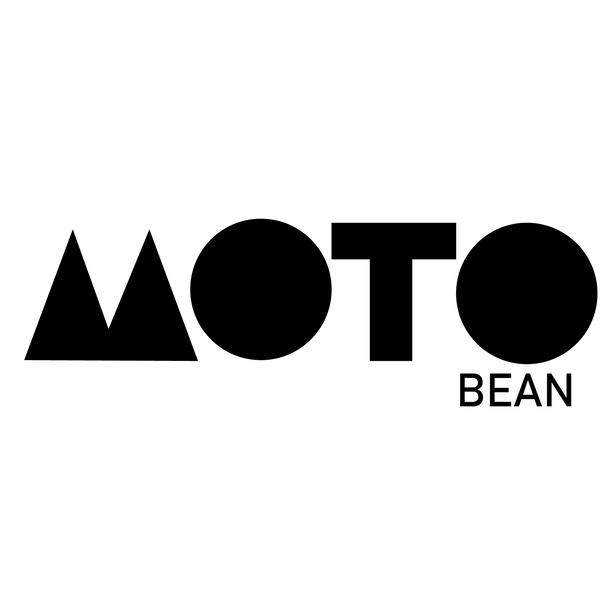
Motobean Decaf Coffee Beans - The Natural Sweetness of Ethyl Acetate (EA)
At Motobean Coffee Roasters, our commitment to exceptional flavour extends to our decaf offerings. That's why we've chosen decaf processed using the natural ethyl acetate (EA) method, often lovingly referred to as the sugarcane decaffeination process. Unlike methods that rely on harsh chemical solvents, the EA process gently coaxes out the caffeine, allowing the inherent character of the bean to shine through, with much of the original taste and aroma.
How is the coffee decaffinated?
Curious about the magic behind our decaf? Here's a simplified look at the natural ethyl acetate process:
- Extraction of Caffeine: Coffee beans are steamed or soaked in water to open their pores and make the caffeine accessible. Ethyl acetate, which is a naturally occurring compound found in fruits and vegetables (and also synthesized for industrial use), is then applied to the beans.
- Binding with Caffeine: Ethyl acetate binds with the caffeine molecules in the coffee beans.
- Removal of Caffeine: The ethyl acetate and caffeine is separated from the beans. The beans are then rinsed with water or steam to remove any remaining ethyl acetate and caffeine.
- Drying and Roasting: The decaffeinated beans are dried and roasted just like regular coffee beans.
- Taste and Aroma: This process is preferred by some because it helps preserve the taste and aroma of the coffee beans more effectively compared to other decaffeination methods.
Look no further for a sensational decaf coffee here.
